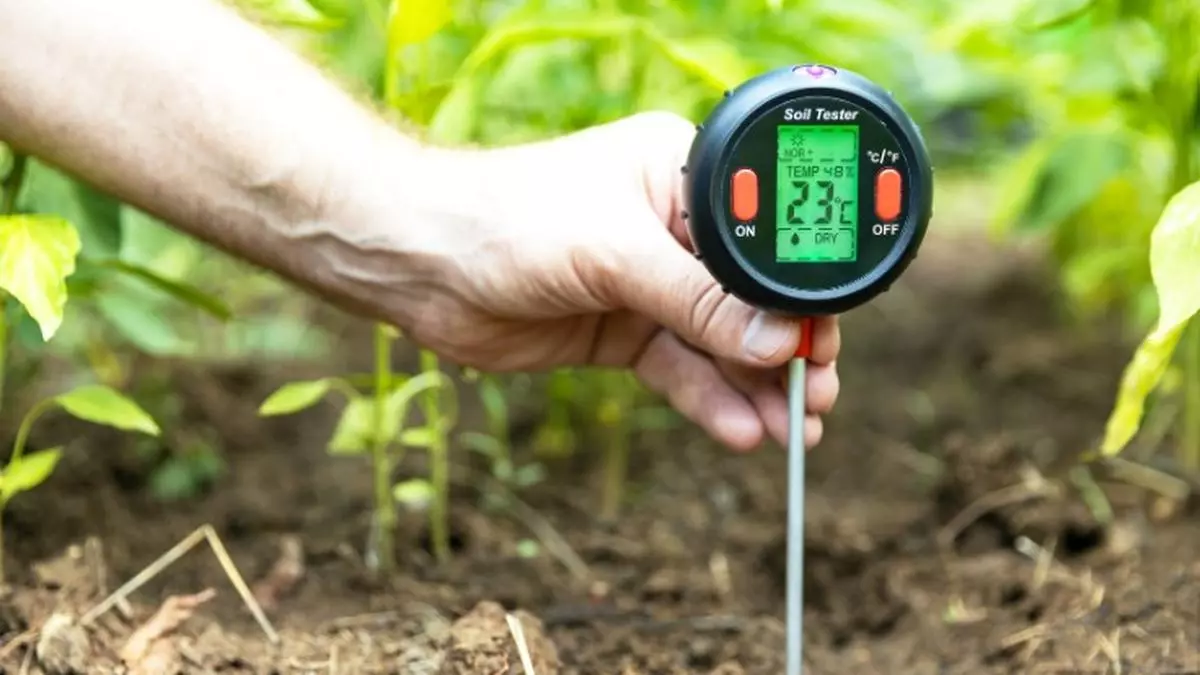Coromandel International and ICAR-NBSS&LUP join forces to improve soil health in Maharashtra
The Indian Council of Agriculture Research-National Bureau of Soil Survey and Land Use Planning (NBSS&LUP) has entered into a Memorandum of Understanding (MoU) with Coromandel International (CIL), a fertilizer company.
The company Coromandel International informed the exchange in a filing on Monday. The collaboration aims to enhance the dissemination of improved soil test-based crop nutrition management to benefit farmers in Maharashtra, particularly in the Vidarbha and Marathwada regions.
The partnership will leverage soil test-based datasets generated by NBSS&LUP and the nutritional management solutions provided by Coromandel to improve soil health and crop productivity in the region.
This collaboration also aims to foster better coordination, research exchange, and support for the farming community.
At the MoU signing ceremony, N.G. Patil, Director of ICAR-NBSS&LUP, Nagpur, highlighted the Bureau’s mandate and activities across its five regional centers.
He emphasized a goal-oriented developmental approach, offering farmers advisories based on land parcel information using soil data from the Land Resource Inventory (LRI).
Sankarasubramanian S, Executive Director of Nutrient Business at Coromandel International, who signed the MoU on behalf of the company, stressed the importance of balanced nutrition management based on soil test data for the betterment of the farming community.
He expressed a desire to extend this partnership to other parts of Maharashtra and India, providing soil-based digital solutions generated by ICAR-NBSS&LUP for optimal fertilizer recommendations through site-specific nutrient management.
This MoU will enable Coromandel International to introduce advanced nutrition and crop management practices in Maharashtra, utilizing the soil information and farm advisories provided by ICAR-NBSS&LUP. As part of this project, site-specific nutrition demonstrations and farmers’ awareness programs will be conducted.
The validated results will be used to develop Decision Support Systems (DSS) through mobile applications, aiding in crop choices and nutrient management.
During the signing event, several other collaborative opportunities were discussed, including drone-based research for precision agriculture, carbon farming, and climate-smart agriculture. These discussions focused on common scientific and farmer-centric issues, aiming to further enhance the impact of this partnership.
